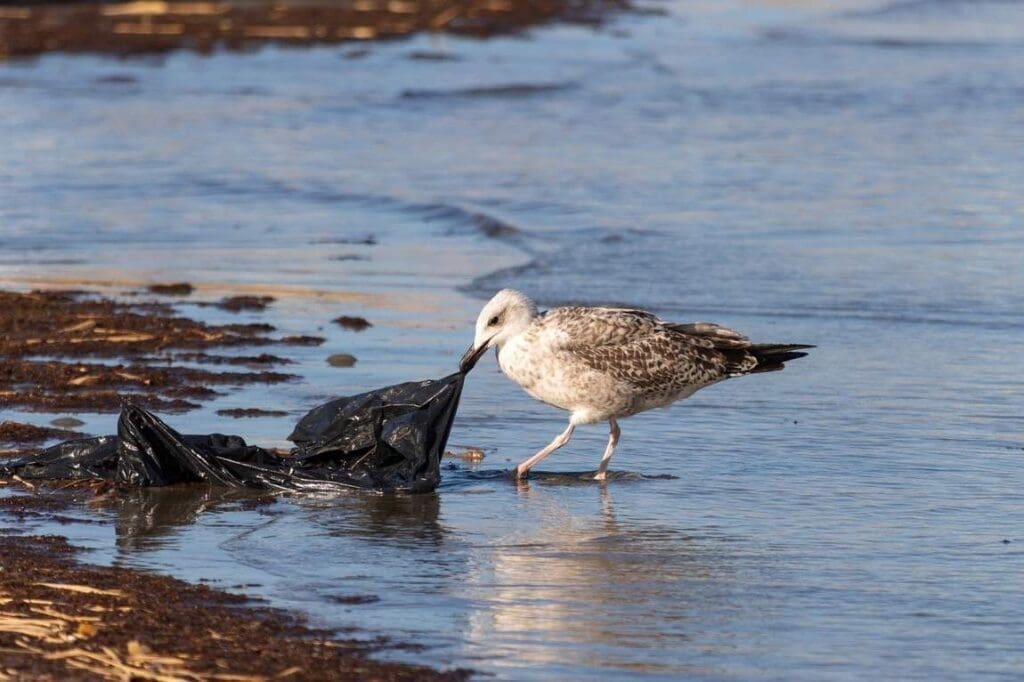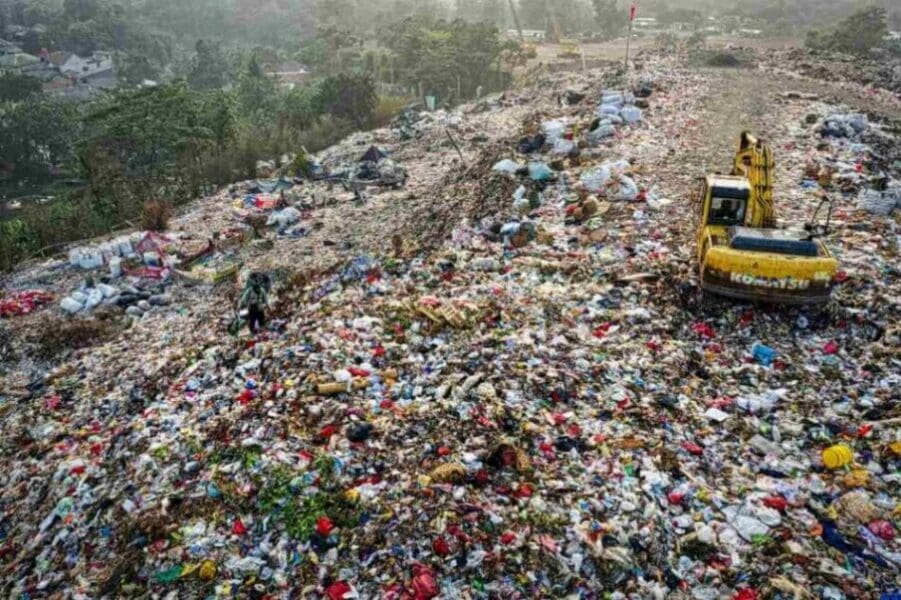Summary:
Plastics contribute significantly to global greenhouse gas emissions, yet most climate action plans fail to address them. Scientists from RMIT University warn that more than 90% of countries under the Paris Agreement do not account for emissions from plastic production and waste in their Nationally Determined Contributions (NDCs), creating a critical gap in mitigation efforts.
Their call for action, published in Science, came as U.S. President Donald Trump began his second term in January 2025, marked by executive orders rolling back environmental policies. With plastic production expected to triple by 2050, researchers stress the urgent need to integrate plastic-related emissions into climate strategies. They argue that without clear reduction targets and accountability measures, the world risks undermining efforts to limit global warming to 1.5°C.

Time to count plastics in climate action and counter Trump effect
Scientists from RMIT University are calling for countries to include carbon emissions from plastic production and waste in their climate action plans before the upcoming United Nations Climate Change Conference of the Parties (COP 30) in Brazil.
More than 90% Paris Agreement signatory countries ignore plastics within their National Determined Contribution (NDC) plans, creating a major gap in climate mitigation efforts, the team says.
The call, published as a Letter in the prestigious journal Science, comes during the early days of US President Donald Trump’s second term. He has made a flurry of executive orders, including to withdraw the US from the Paris Agreement and ban the Government’s purchase of paper straws.
Senior lead author Dr Tanveer Adyel from RMIT’s Centre for Nature Positive Solutions (CNPS) said Trump’s actions threatened the plastic waste mitigation effort globally.
The world produces about 460 million tonnes of plastic annually – most of it goes to landfills – and it contributes up to 8% of total global greenhouse gas emissions. At the current rate, plastic production is anticipated to triple by 2050.
“We argue that countries should include the plastic sector in their NDCs,” Adyel said.
NDCs are climate action plans that all countries submit to the United Nations to reduce emissions and adapt to climate change.
“These action plans are a key part of the Paris Agreement, which aims to keep global warming below 1.5 degrees Celsius above pre-industrial levels,” Adyel said.
How plastics release emissions
About 99% of plastics are derived from fossil fuels, and each stage of the plastic lifecycle – from fossil fuel extraction to recycling of plastics – releases greenhouse gas emissions.
First author and RMIT PhD scholar Mohammad Abu Noman said the reduction of fossil-fuel based plastics production was the best option to reduce emission throughout their lifecycle.
“The post-consumption emissions from plastics are significant contributors to total emissions, as the incineration, burning or improper management of plastics emit large amounts of greenhouse gases,” he said.
Most countries not meeting the plastic challenge
Post-consumption emissions from plastics had been largely overlooked in NDCs, co-author and CNPS Director Professor Peter Macreadie said.
“Only 11 countries out of 194 have included measures to address plastic waste, despite large plastics comprising about 21% of global municipal waste,” he said.
“About 40 NDCs mention landfill and incineration as waste management methods, which will undermine mitigation efforts.
“About 80 countries have committed to adopting a circular economy through their NDCs, but such plans are insufficient without specific goals and actionable strategies focused on plastic waste management.”
Still time to act
The team says countries still have time to update their NDCs.
“Countries should redefine their plastic-related emission reduction targets with interim goals and accountability measures,” Noman said.
“Goals should include cutting plastic production, re-designing product manufacturing to decouple plastic from fossil fuels, decarbonising petrochemicals and incentivising sustainable manufacturing.”
“Given the recent failure of global plastic treaty negotiations to produce an agreement, the Paris Agreement is even more essential to address the complex challenges of plastics and climate change,” Adyel said.
“Without decisive action, plastic production and waste will continue to undermine global efforts to keep warming below 1.5 degrees Celsius,” Macreadie said.
Journal Reference:
Md Abu Noman, Lingzhan Miao, Peter I. Macreadie, and Tanveer M. Adyel, ‘Time to count plastics in climate action’, Science 387, 1048-1048 (2025). DOI: 10.1126/science.adu2738
Article Source:
Press Release/Material by Will Wright | RMIT University
Featured image credit: Tom Fisk | Pexels




